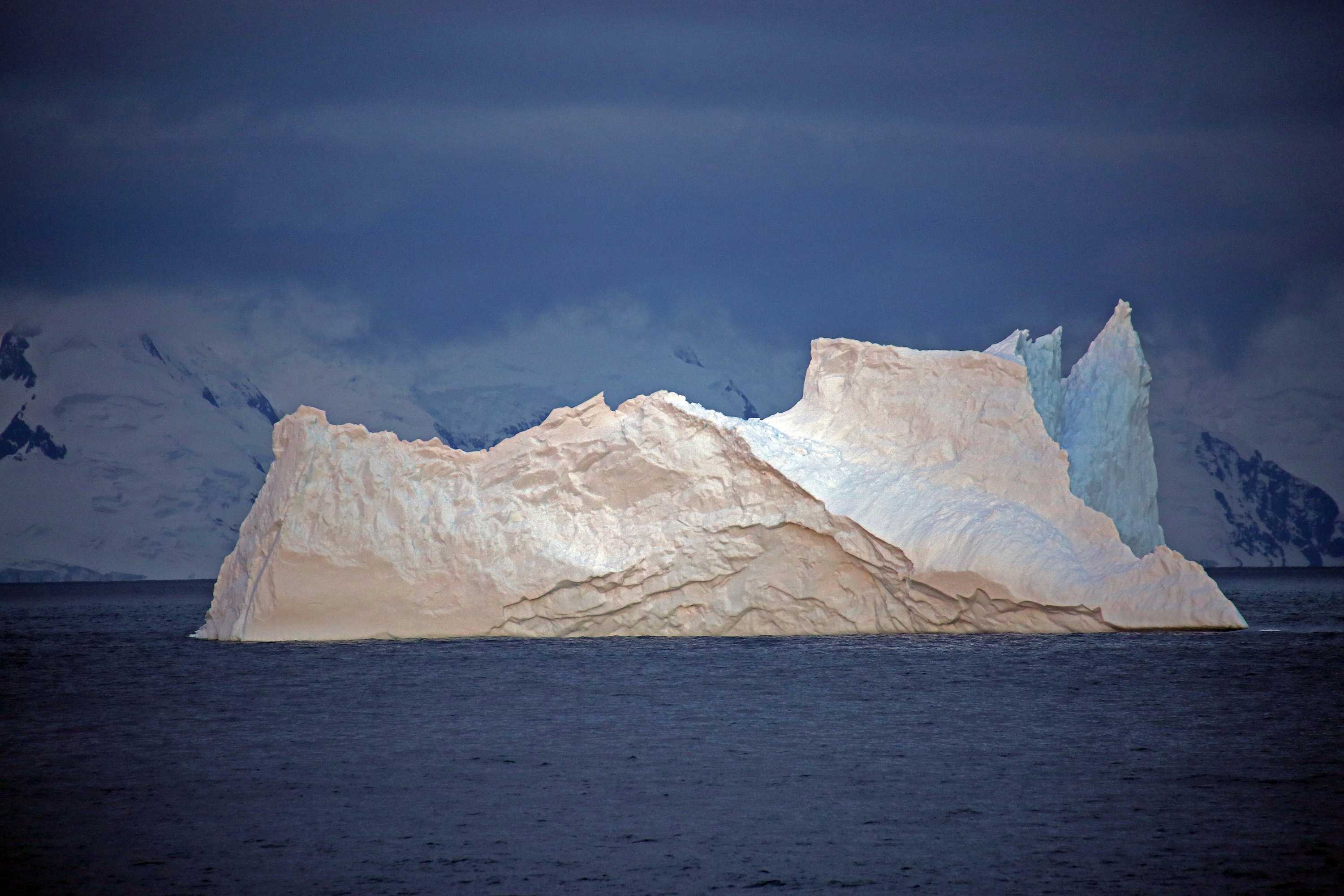The CSUN Religious Studies club and Associated Students (A.S.) hosted a screening of the National Geographic exclusive global warming documentary “Before the Flood” on Tuesday.
In the documentary, Oscar-Award winning actor and U.N. Messenger of Peace on Climate Change Leonardo DiCaprio explores the topic of climate change for three years. He discovers what needs to be done in order to avoid catastrophic disruption of life on earth over this period of time.
President of the Religious Studies club and senator of A.S. Lindsay Gonzaba made it possible for both organizations to shed some light on climate change and environmental sustainability with the film screening.
By partnering the two groups together for the screening, Gonzaba’s goal was not only to spread environmental sustainability awareness to CSUN students, but to show the link between religion or spirituality and environmentalism.
“It’s not just a political move to care about the environment, it doesn’t fall into a party necessarily…environmentalism is more than politics for a lot of people–a lot of [it] is religious or spiritual based,” Gonzaba said..
A four-piece panel was present to give students a deeper understanding of the correlation between religion and environmentalism. Director of American Indian studies Brian Burkhart, religious studies professor Robert Goss, Institute for Sustainability professor Helen Cox, and A.S. Sustainability Chair Darien Siguenza, sat for a Q&A session after the film.
Burkhart discussed the connection that American Indians have with their land–using the issue occurring in the North with the pipeline trespassing through sacred land as an example of how environmental issues affect spiritually.
“People do all that they are doing [there] as a prayer or song–in the indigenous sense, it is not a protest but a prayer to make the connection that in order for us to sustain life, we have to make that spiritual connection, that resonance with the heart beat of the earth,” Burkhart said.
The panel made the argument that people must transform their relationship with the planet–once a person has a connection to the earth, they will begin to transform their ways with the intention of sustaining it.
“Compassion is going to be the root of our reconnection with nature,” Goss said.
Goss said people must learn to love the earth in order to become involved with sustaining the environment, but he also had one question for the audience, “how do we get folks in your generation to fall in love with the earth?”
Goss’ question remains unanswered, but Institute of Sustainability professor, Helen Cox, listed a few tips on how students can join in on the sustainability movement. Cox suggested students educate themselves and others, then changing their diet to eat less meat, and be more eco-conscious in general.
Political science major Karina Perez attended the screening due to her interest in becoming involved with the environmental sustainability movement.
“I was always interested in environmental issues, but it wasn’t until I took a sustainability class that I thought ‘hey, maybe it will be helpful to have a minor in sustainability to learn more about it,'” Perez said.
Climate change and environmental sustainability continues to be a misunderstood concept, but Perez said the film screening and the Q&A session helped clarify the issue for those who have a hard time grasping the concept.
“The film was amazing–it puts things into perspective for people to understand, the film puts it in a way that people understand the urgency,” Perez said. “You don’t really get this perspective of a religious view on sustainability practices.”






